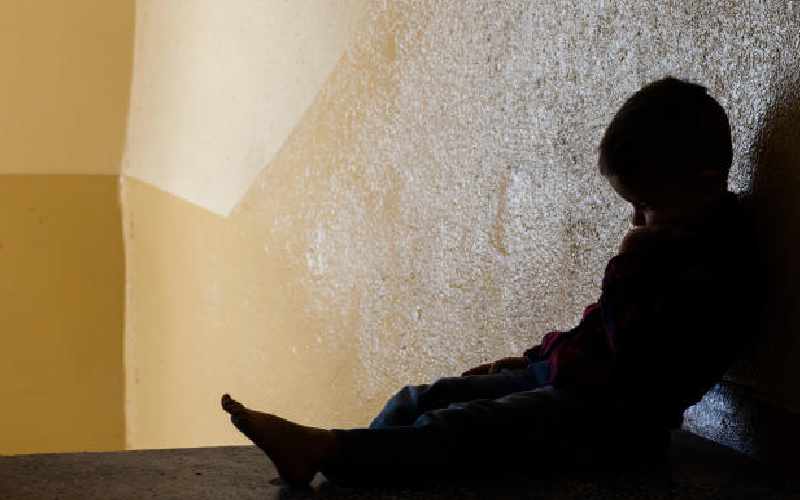×
The Standard e-Paper
Stay Informed, Even Offline

Driving through a number of villages in Umande Mukogodo, Laikipia County, the peace and calm, can fool you that all is well. Livestock graze peacefully among the lush fields as children play merrily. But there is a darkness that hangs over the villages.